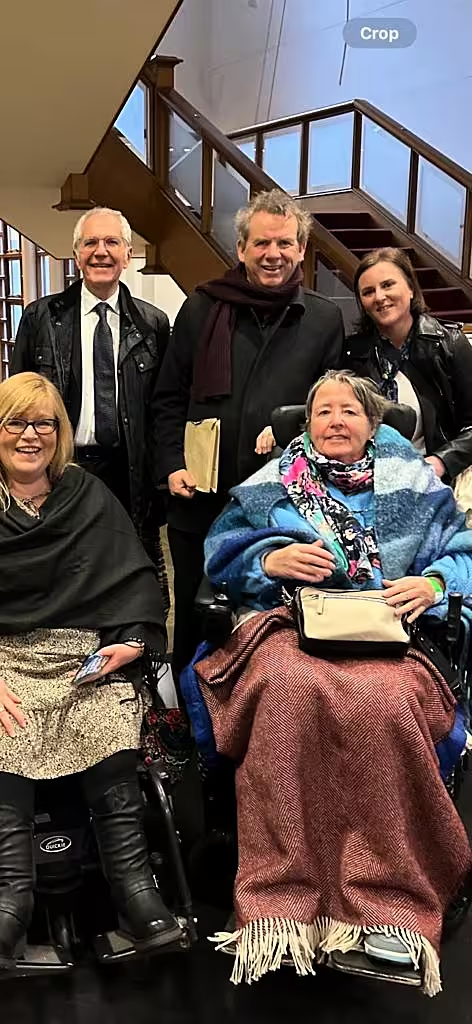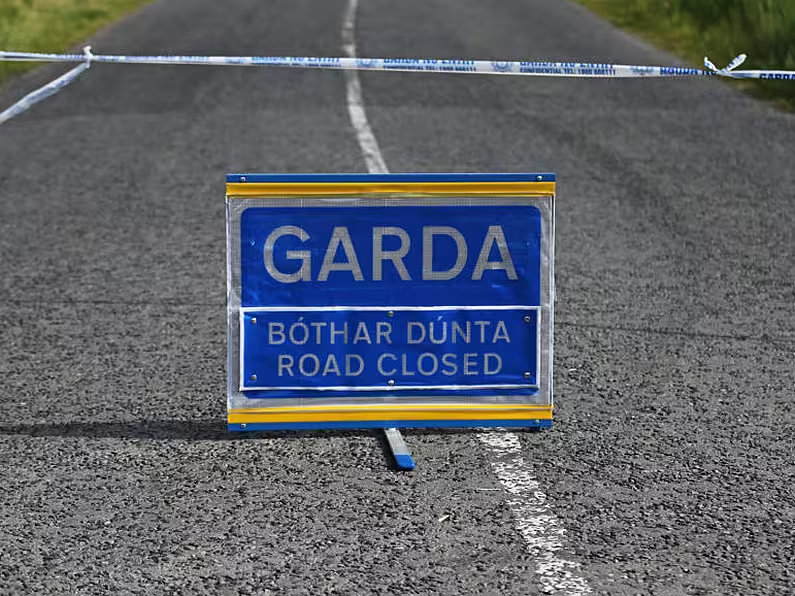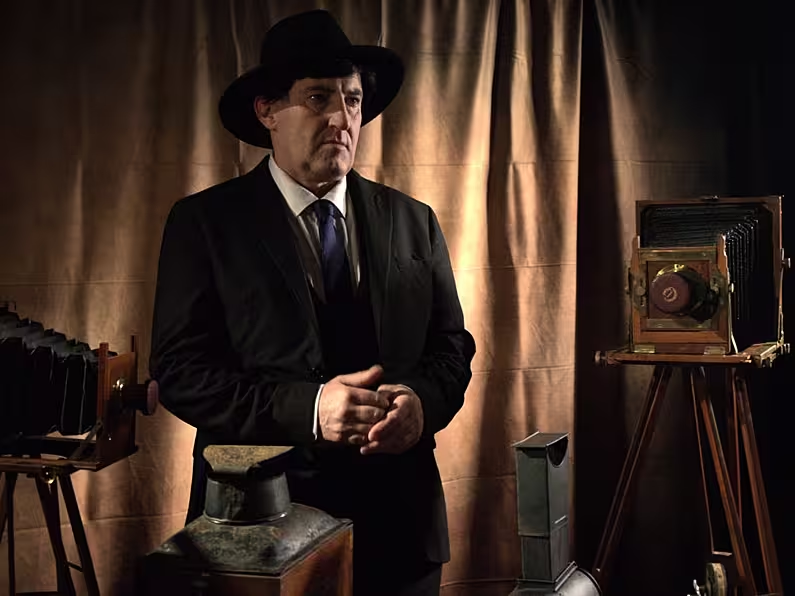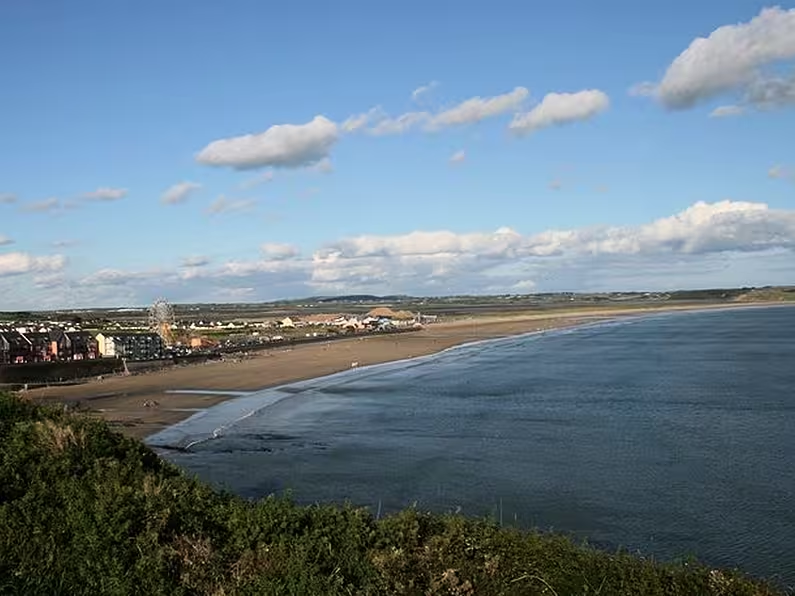James Cox
The Government's defeated family and care referendums were a "communications failure" and "badly rushed", according to a communications and PR expert.
Despite confidence from the Coalition parties, the proposed amendments to the Constitution were overwhelmingly rejected.
Paul Allen runs marketing and PR firm Paul Allen and Associates and has been in the communications field for over 30 years.
Speaking from the Dublin Castle, Mr Allen told BreakingNews.ie: "It's been clear since it was first mooted, they [government] weren't listening to anyone, they were determined to run this and the man and woman in the street couldn't figure what this was all about.
"Nobody had any time to explain what the background was. Many believed it was just a few silly words that needed to be changed. The impact of what they were recommending, people didn't fully understand.
"Meanwhile, friends and colleagues on the care side were all pitted against each other."
This is a bloody nose on a difficult day for them.
He added: "Unfortunately, in government when you're in a bubble, you listen to what you want to hear from people who tell you what you want to hear, as opposed to going out there and listening to people who are gravely concerned about where the country is going.
"This is a bloody nose on a difficult day for them."
Advice from Attorney General Rossa Fanning was leaked to The Ditch during the week. It suggested there was "legal uncertainty" around some of the wording in the proposed amendments, particularly the section that said the Government would "strive" to support carers.
Mr Allen called this a "well-placed leak" that "backfired".
"The carer side were standing in solidarity, people who were on the frontline caring for loved ones.
"Government were not cognisant of that and did not take it on board, they were simply bulldozing ahead thinking they knew best."
Mr Allen feels the information on the amendments was far from clear, and that government messaging "really fell on deaf ears".
"The old saying is, if in doubt, vote no. The low turnout played well into the outcome of the result. The Government and opposition parties all backed a yes, and it backfired."
When asked how Government could have staged a better campaign, Mr Allen said the timing was wrong.
Local and European elections
He feels they would have been better placed holding the referendums around the same time as the local and European elections that will take place in June.
"They would have had lots of time to build momentum, find ambassadors for their campaign, and get best practice out there. This was a 'wham, bam, thank you ma'am', to rush through.
"People didn't like what they were hearing, because they couldn't understand what they were hearing. If in doubt, vote no, and that was the resounding noise.
"Even in Dublin Castle [where the results were announced] it's almost like a ghost town.
"It was rushed through, people didn't pay much attention, and the low turnout was great for the no campaign. They could have spent more money on research and intelligence as to what's going on with more time.
"They should have known from day one this was a non-runner, but they didn't want to face reality until today."
"There are people battling for support for their family and loved ones, but €18 million has gone up in smoke in terms of the referendum," he added.
Mr Allen worked on behalf of a carers' group called Equality Not Care in the buildup to the referendums.
"Equality Not Care were working on a tiny budget when we launched. The room in Buswells Hotel was packed to the rafters because the media wanted to hear what the no campaign had to say.
"Equality Not Care tried to set up meetings with the party leaders. The only party leader was a Zoom call with Ivana Bacik [Labour leader] which turned into a row. All the other parties weren't interested.
"Sinn Féin want to run it again. They can do that until the cows come home, but when they see the overwhelming figures of people voting no, they'll have to think about it."

He said the Government should look at how they ran the yes yes campaign.
"If this was a marketing campaign for a brand or a service, you would go back and examine what the root cause of the problem was. The root cause of a political problem will see people pointing fingers.
"They should be looking back at the campaign because they were not listening to the people, and with the right information they would have not ran it now. People were not ready, and didn't want it. The results show people didn't want it.
"Someone had the 'smart idea' to run it on International Women's Day, but that backfired."
Mr Allen said it was an "information overload" that was run too fast.
"In terms of Leo's legacy, it's another defeat in his term, they are clocking up. It will be interesting to see how Fine Gael look at this.
"It was painfully obvious where this was going. The people on the no side were minnows. It wasn't even a David v Goliath scenario, because David had some stature. These people had stature in terms of the community, but they were tiny in the context of the money the political parties spent. Time will mark this one down as a day for missed opportunities. Summer during the elections would be a better time. People would be in a better mood."











